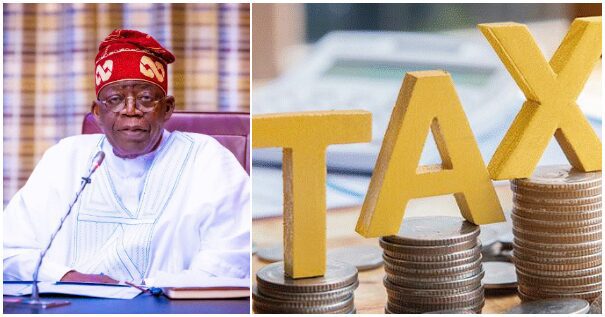Politics
Governors Okay Tinubu’s Tax Reform Bill, Oppose VAT Hike
Nigeria Governors’ Forum (NGF) has dismissed raising VAT.

The forum announced this after its Thursday, January 16, meeting in Abuja.
The governors also expressed their confidence in the tax reform bills, which are now being voted upon by the National Assembly.
However, in one of these tax reforms, the federal government suggested increasing the VAT rate from 7.5% to 10%, which they opposed.
“The transition is too soon,” they said.
In its statement, Abdulrahman Abdulrazaq, the Kwara State governor and chairman of the NGF, suggested a balanced distribution formula for the value-added tax.
The governors argued that the new VAT-sharing formula needed to ensure a proportionate distribution of funds: 50 per cent for equality, 30 per cent for derivation, and 20 per cent for the population.
Members concluded there was no need to raise the VAT rate or CIT at this stage as it was not needed for economic stability. To maintain the public interest and promote agricultural production, the Forum proposed that necessities and farming products should continue to be exempt from VAT, as one of the communiqués suggests.
The Presidential Tax Reform Committee and Nigeria Governors’ Forum (NGF) held meetings on January 16, 2025, to address key national issues, including tax and fiscal reforms in Nigeria. We reached the following resolutions:
The Forum reiterated its full support for reforming Nigeria’s outdated tax system. Members understood the importance of revising the tax code to boost fiscal stability and adhere to international best practices.
The Forum implemented a new Value Added Tax (VAT) sharing formula based on 20% population, 30% derivation, and 50% equality to ensure a fair resource distribution.
The meeting requested that the legislation relating to development levies be shared without a terminal clause for TETFUND, NASENI, and NITDA.
JOIN THE CONVERSATION→ Telegram | X/Twitter | Facebook | WhatsApp|WhatsApp Channel|Mobile App|Instagram
The Nigerian Governors Forum (NGF) said the meeting will “guarantee that the legislative process in the National Assembly will now end with the eventual passage of the Tax Reform Bills.”















